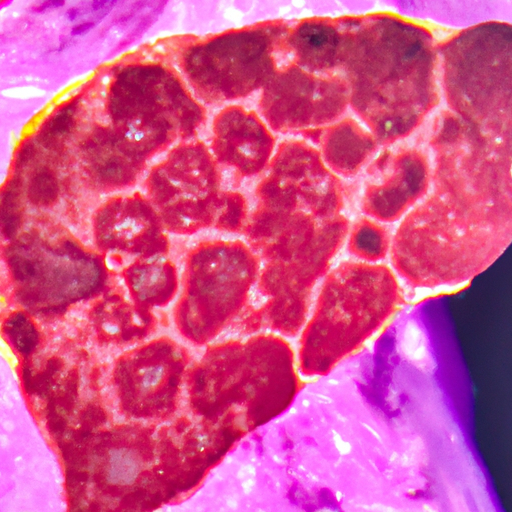Uncategorized
Liver Granulomas: What Are They?
Understanding Granulomas of the Liver
Granulomas of the liver, or granulomatous hepatitis, are clusters of white blood cells that form within the liver due to inflammation or infection. While not cancerous, granulomas can lead to complications and require proper diagnosis and treatment.
Symptoms and Diagnosis
Liver granulomas are usually asymptomatic and may not show up on blood tests. Diagnosis typically involves liver imaging tests and a liver biopsy to confirm the presence of granulomas. Lifestyle habits and personal history may also be considered.
Causes and Types
Granulomas can be caused by infections, drug use, and systemic diseases such as sarcoidosis. There are four main types of hepatic granulomas: caseating, non-caseating, fibrin ring, and lipogranuloma. Calcification can also occur in some cases.
Treatment and Complications
Treatment for liver granulomas depends on the underlying cause and may involve corticosteroids, antibiotics, or other medications. Complications can include fibrosis, high blood pressure, or cirrhosis if left untreated.
Frequently Asked Questions
Answers to common questions about liver granulomas, including causes, symptoms, and treatment options.

 Skip to content
Skip to content


